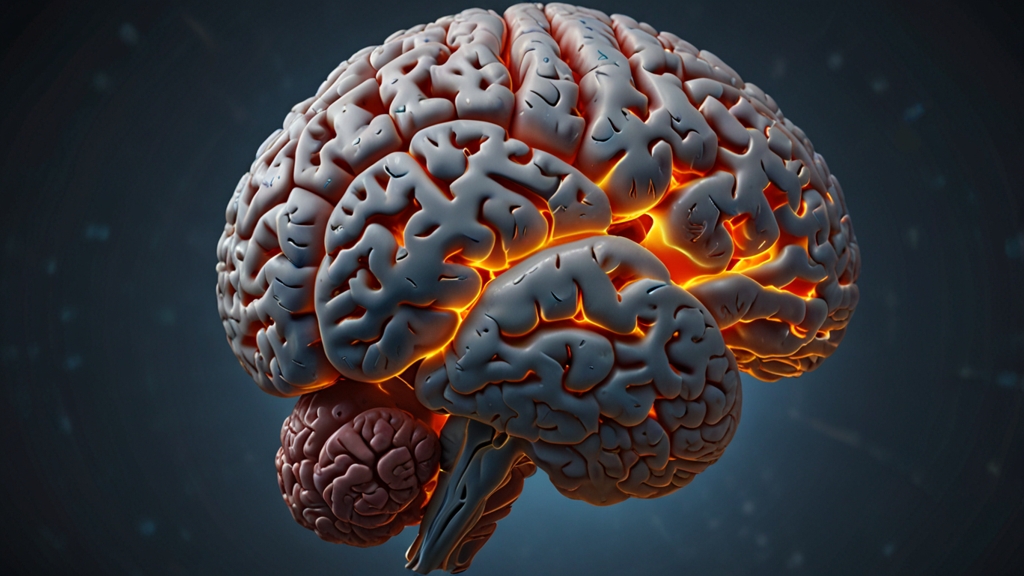Cherished Inventions That Are on the Verge of Obsolescence
In today's rapidly evolving technological landscape, countless inventions that were once cherished and widely utilized are now facing obsolescence. These innovations, some of which transformed industries and daily living, are gradually being supplanted by more advanced, efficient, and versatile technologies. This article explores a few such beloved inventions that are teetering on the edge of becoming relics of the past.
The Landline Telephone
The landline telephone, once an indispensable household and office item, is steadily losing its relevance in the modern age. With the advent of mobile phones offering extensive functionalities beyond just voice communication and the widespread availability of high-speed internet, the once-ubiquitous landline is becoming a rare sight.
According to a report from the Centers for Disease Control and Prevention (CDC), over 60% of U.S. households no longer maintain a landline connection, opting instead for mobile phones as their primary communication device.
Voice over Internet Protocol (VoIP) services and cellular technologies have rendered the landline redundant, especially as they offer the convenience of portability and a bevy of features like video calling and instant messaging – capabilities that traditional landlines simply can't keep pace with.
Analog Cameras and Film
Analog cameras, which use photographic film to capture images, have seen a dramatic decline with the rise of digital photography. Digital cameras and smartphone cameras now dominate the market, offering ease of use, instant results, and the ability to store thousands of photos without the need for physical storage space.
While some enthusiasts and professional photographers still appreciate the unique aesthetics and tactile experience of film photography, the mainstream consumer market has largely moved on to digital. High-quality imaging sensors, advanced editing capabilities, and the convenience of sharing photos instantaneously have all contributed to the accelerating obsolescence of analog photography.
Manual Transmissions in Cars
For car enthusiasts, the manual transmission represents a purist driving experience characterized by greater control and engagement. However, the manual gearbox is becoming increasingly rare as automatic transmissions become more sophisticated and efficient.
A study by Edmunds revealed that in 2020, only about 1% of new cars sold in the United States were equipped with manual transmissions, a sharp decline from previous decades.
Technological advancements like dual-clutch transmissions and continuously variable transmissions (CVT) provide better fuel efficiency and smoother driving experiences, leading manufacturers and consumers to favor these newer systems. Moreover, the push towards electric vehicles, which typically do not use traditional gearboxes, further signals the impending obsolescence of manual transmissions.
Compact Discs (CDs)
Once the cornerstone of music and data storage, compact discs are rapidly being rendered obsolete by digital streaming and cloud services. Physical media sales have continually plummeted as consumers gravitate towards the convenience of having vast libraries accessible online anytime, anywhere.
Music streaming platforms like Spotify and Apple Music, not to mention digital marketplaces like iTunes, offer instant access to millions of songs without the need for physical storage. Similarly, data storage and transfer have moved to USB drives, external hard drives, and cloud services that offer superior storage capacities and convenience over traditional CDs.
Conclusion
The march of progress inevitably leaves behind technologies that once served us well. While some of these cherished inventions may still hold sentimental value or niche appeal, their days as mainstream solutions are numbered. As we continue to innovate and embrace new technologies, it’s important to acknowledge the contributions of these tools that paved the way for the conveniences we enjoy today.
While saying goodbye to these inventions may be tinged with nostalgia, it's also a testament to human ingenuity and our relentless drive to build a more efficient, connected, and advanced world.











